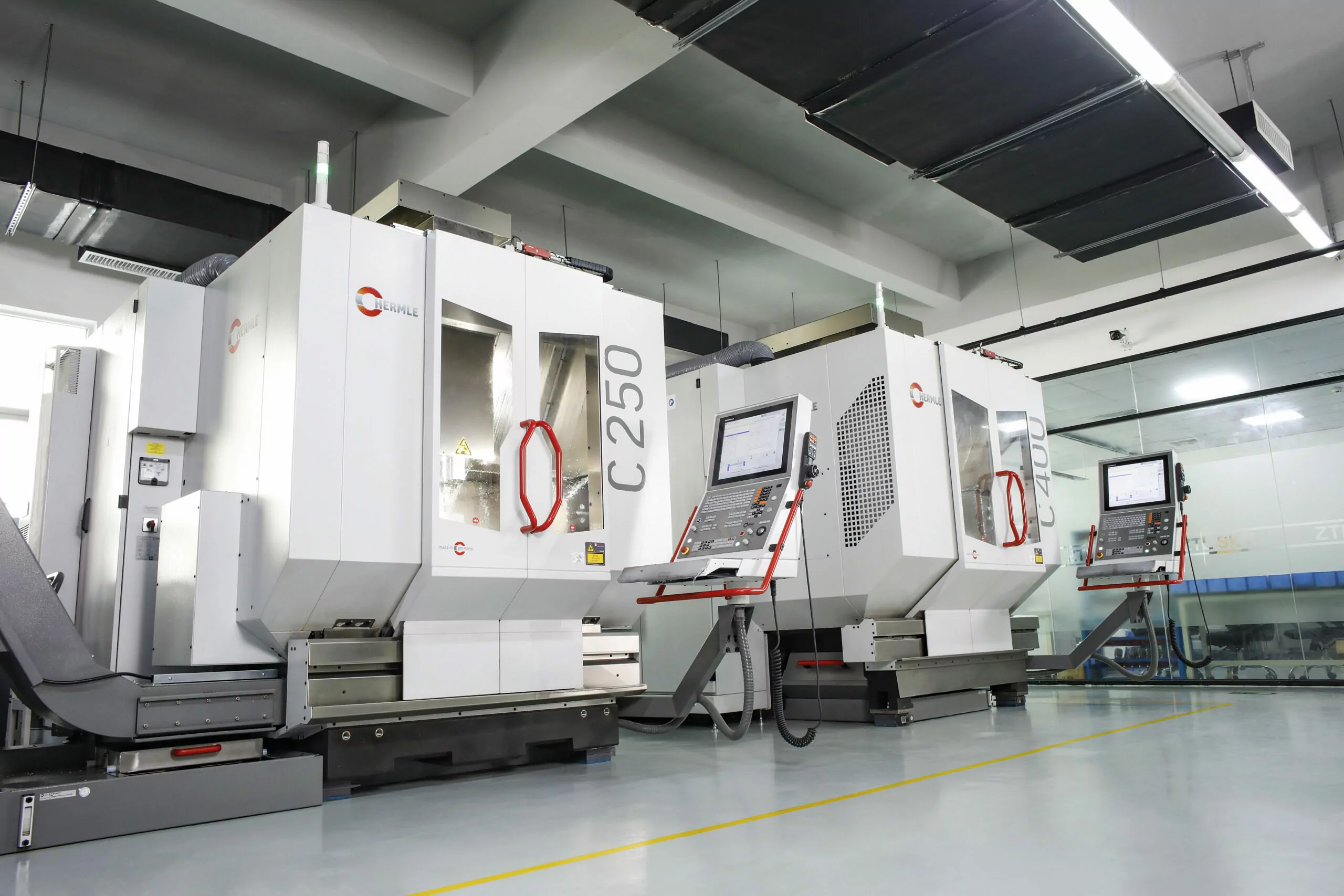Understanding the Different Types of Metals Suitable for CNC Machining
Corps
When it comes to CNC machining, the choice of metal is crucial in determining the quality and precision of the final product. Different types of metals offer unique properties that make them suitable for specific CNC machining applications. Understanding the diverse range of metals available for CNC machining is essential for achieving optimal results in manufacturing processes.

The Importance of Metal Selection in CNC Machining
Understanding the different types of metals suitable for CNC machining is essential for manufacturers and engineers. The selection of the right metal can significantly impact the efficiency, cost, and quality of the machining process. Factors such as strength, durability, conductivity, and corrosion resistance must be carefully considered when choosing a metal for CNC machining.
Common Metals Used in CNC Machining
One of the most commonly used metals in CNC machining is aluminum. Its lightweight nature, high strength-to-weight ratio, and excellent machinability make it a popular choice for various applications. Stainless steel is another widely used metal in CNC machining due to its corrosion resistance and durability. Titanium, known for its exceptional strength and low density, is often preferred for aerospace and medical applications.
Specialized Metals for CNC Machining
In addition to the commonly used metals, there are specialized metals that offer unique properties for specific CNC machining requirements. For example, brass is favored for its excellent conductivity, making it suitable for electrical components. Copper, with its high thermal and electrical conductivity, is often used in heat exchangers and electronic applications. Inconel, a nickel-based superalloy, is valued for its high temperature and corrosion resistance, making it ideal for extreme environments.
Choosing the Right Metal for CNC Machining
When selecting a metal for CNC machining, it is essential to consider the specific requirements of the intended application. Factors such as material strength, hardness, thermal conductivity, and machinability play a crucial role in determining the most suitable metal for the job. For instance, when precision and intricate details are required, metals with high machinability, such as brass or aluminum, may be preferred. On the other hand, applications that demand high temperature resistance may call for specialized metals like titanium or Inconel.
In conclusion, understanding the different types of metals suitable for CNC machining is fundamental to the success of manufacturing processes. The careful selection of metals based on their unique properties and characteristics is essential for achieving the desired results in CNC machining. By considering the specific requirements of each application and the properties of different metals, manufacturers and engineers can optimize the CNC machining process for superior performance and quality.










commentaires